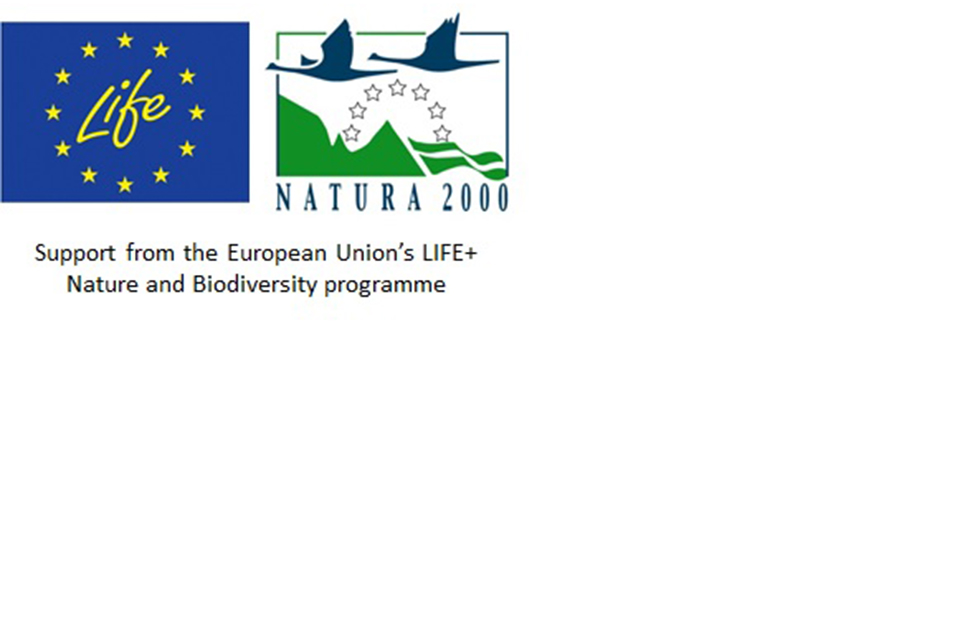Your company must be certified to handle fluorinated greenhouse gases (F gases) regulated by the EU if it services the following types of equipment for other businesses:
- stationary refrigeration systems that contain F gas
- stationary air conditioning and heat pump systems that contain F gas
- stationary fire protection systems that contain F gas
Servicing includes installing, repairing, maintaining and decommissioning.
Your employees must also be qualified as individuals if they handle F gas. Find out how to get qualified to work with F gas as an individual.
Sole traders must be qualified as individuals and certified as companies.
Certificates issued in other EU member states are valid in the UK.
Exception for companies servicing their own equipment
Your company doesn’t have to be certified if it only services its own equipment.
For example, a supermarket doesn’t have to be certified if it employs someone to service its refrigeration systems. However, a company that has a contract to service the supermarket’s refrigeration systems must be certified.
Your employees still have to be qualified as individuals if they handle F gas, even if your company doesn’t have to be certified.
Refrigeration and stationary air conditioning certification
Your company must be certified by one of these organisations if it services refrigeration or stationary air conditioning and heat pump systems for other businesses:
Refcom Certification Ltd
Old Mansion House
Eamont Bridge
Penrith
Cumbria
CA10 2BX
Telephone: 01768 860 409
Email: refcom.info@theBESA.com
Company number: 06772204
Refcom Certification Ltd
F-Gas Register (Quidos
8 North Parade Buildings
Bath
BA1 1NS
Telephone: 01225 667 697
Email: info@fgasregister.com
Company number: 05665301
F-Gas Register (Quidos)
Bureau Veritas UK Ltd
Fifth Floor
66 Prescot Street
London
E1 8HG
Telephone: 0845 600 1828
Email: caroline.bettridge@uk.bureauveritas.com
Company number: 01758622
Bureau Veritas UK Ltd
You must renew your company’s certification every 3 years.
Fire protection certification
Your company must be certified by the Fire Industry Association if you work on fire protection systems.
Fire Industry Association
Tudor House
Kingsway Business Park
Oldfield Road
Hampton
Middlesex, UK
TW12 2HD
Telephone: 020 3166 5002
Email: info@fia.uk.com
Company number: 05989140
Fire Industry Association
You must renew your company’s certification every 5 years.
Requirements for certified companies
If your company is certified you must be able to demonstrate that you:
- employ sufficient trained staff to carry out your work
- have procedures in place for the safe handling of F gases and to minimise emissions
You can meet the first requirement by recording the certificate numbers of any F gas qualifications received by your employees.
You can meet the second requirement by developing a written procedure for handling F gases, including the equipment used.
You may be audited by the body that certified you to check you meet these requirements.
